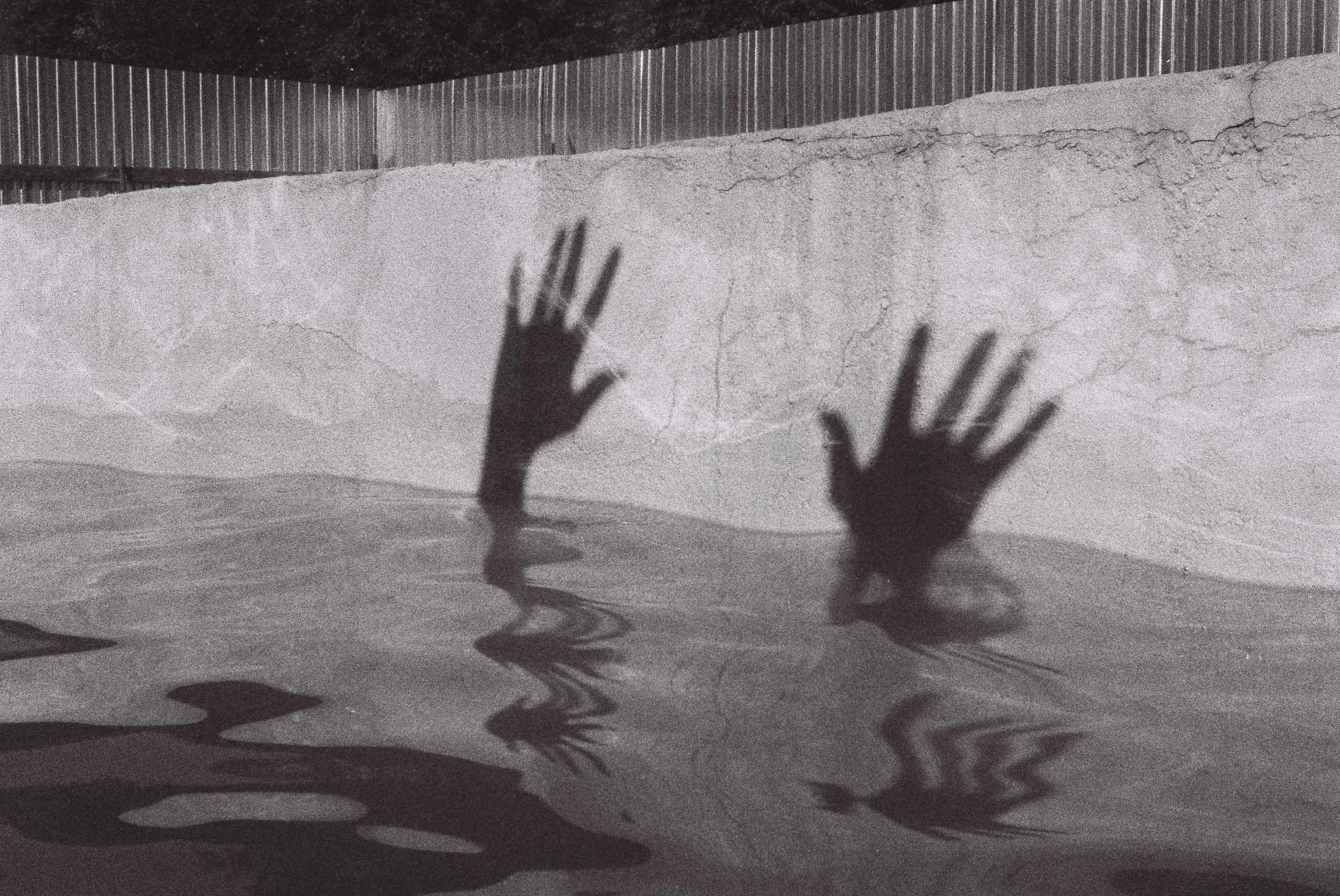
COVID-19 has affected more than 44 millions lives globally. However the pandemic has not just taken the lives of those who’ve lost the fight with the coronavirus, but also those who did not win the fight with their own mental thoughts.
In Japan, suicide rates among schoolchildren and women have increased. The Independent reported that, as of August 2020, suicide rates rose 15.4% from the same time last year. More specifically, female suicide jumped drastically by 40%. The number of of school-aged children committing suicide more than doubled in the same period.
The Independent further explained that so far, Japan is one of the few countries to release data on suicide. Other countries such as China and the U.S. have not released such data yet, while the U.K. only released its suicide report from 2019 this September.
An Influx of Crisis Calls
At least for some cities on the West Coast like Los Angeles, crisis lines have received more calls amid the pandemic.
A non-profit organization based in L.A., Didi Hirsch Mental Health Services, provides mental health, substance-use disorder and suicide prevention services. In February 2020, they received 20 calls related to COVID-19. In March, they received more than 1,800 calls, Los Angeles Times reported. Of all those calls, one-in-five included “suicide desires.” Callers also spoke about anxiety, stress, health issues, relationships, loneliness and isolation.
“We know that the longer this goes on, unfortunately, the more losses there will be — not just lives but also economic,” Lyn Morris, senior vice president of clinical operations at Didi Hirsch told Los Angeles Times. “And the more hopeless and helpless people become, the more at risk they are for substance use, depression and other mental health issues.”
Others like Dr. J.P. Jameson, psychologist and professor at Appalachian State University in North Carolina, who studies suicide, told WAMU 88.5 American University Radio that isolation and lockdown during the pandemic is a “concern.”
“We know social connectedness is a protective factor against suicide risk, so this presents an extra layer of challenges to mental health providers and to the general public,” Jameson said.
Peaking After the Pandemic?
A study by the QJM international journal of medicine found the pandemic to be highly associated with distress, anxiety, fear, depression and insomnia — not just in the general population, but among healthcare professionals as well. The study explained how COVID-19 survivors may have an elevated risk of suicide, possibly due to “stress-related psychiatric conditions including mood and substance use disorders.”
The study’s researchers predict that suicide rates will continue to rise. The “mental health consequences of the COVID-19 crisis including suicidal behaviour are likely to be present for a long time and peak later than the actual pandemic,” they explained.
Although many countries have yet to release official reports of suicide rates during the pandemic, Japan’s research can give us a glimpse into the extensive damage of mental health that the pandemic has woken up.
U.S.: If you are in a crisis, visit www.mentalhealth.gov/get-help/immediate-help or call the National Suicide Prevention Lifeline’s helpline number which is avaialble 24/7 at 1-800-273-TALK (8255).
U.K.: If you are in a crisis, visit www.gmmh.nhs.uk/crisis-care/ or call the 24/7 helpline number at +44 800 953 0285.



Leave a Reply